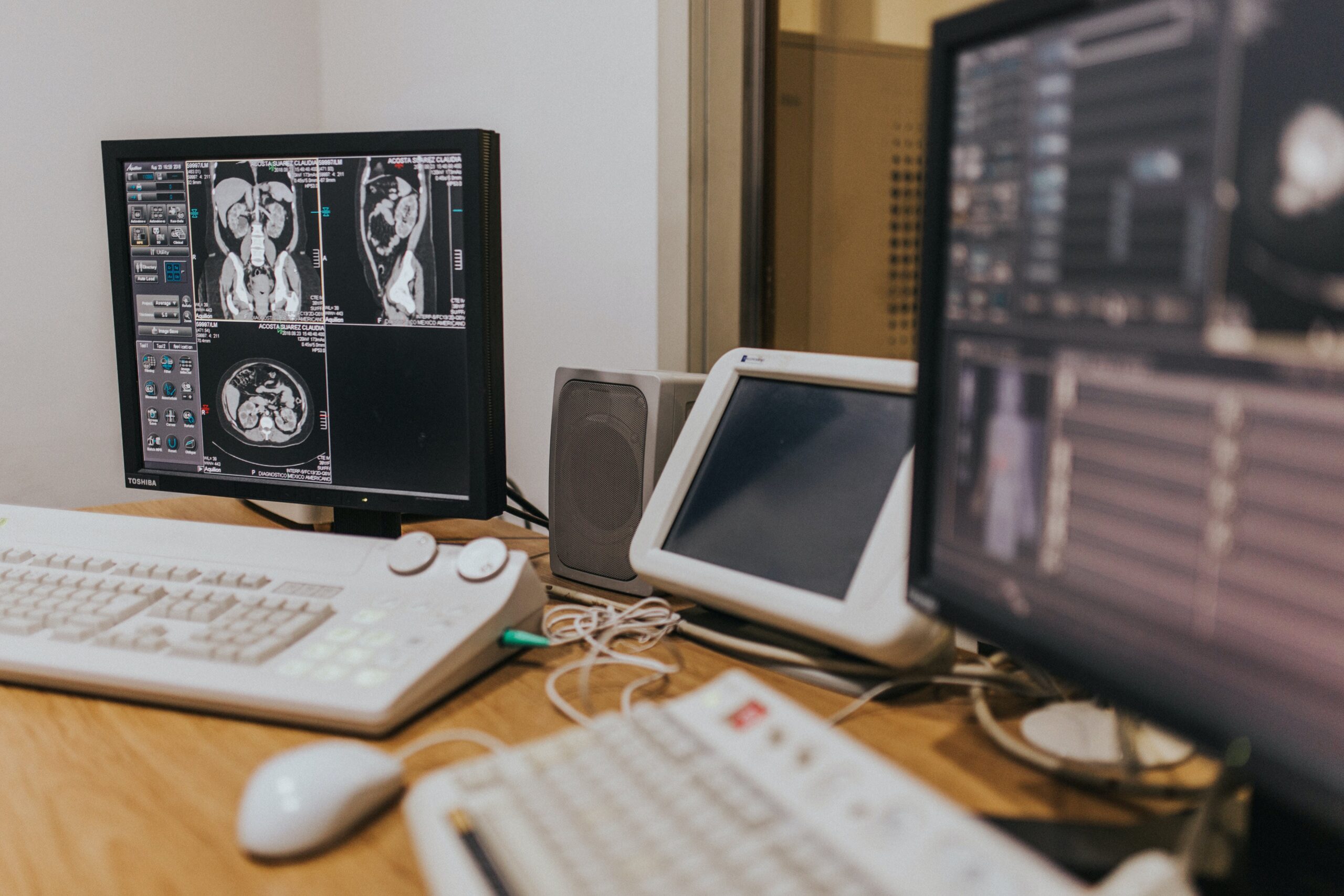Introduction:
In today's rapidly evolving world of medical diagnostics, Magnetic Resonance Imaging (MRI) stands as a beacon of hope for patients and healthcare providers alike. The profound impact of MRI on the field of healthcare cannot be overstated. It offers a non-invasive, detailed look into the human body, aiding in the diagnosis and management of a wide range of conditions. However, despite its undeniable benefits, access to MRI services remains unequal on a global scale. This article explores the technical aspects of MRI, its advantages, the barriers to access, and the potential solutions that can pave the way for more equitable healthcare worldwide.
Part 1: Technical Aspects of MRI
Magnetic Resonance Imaging, or MRI, is a powerful medical imaging technology that relies on the interaction between magnetic fields and radio waves to produce detailed images of the internal structures of the human body. Understanding the technical underpinnings of MRI is essential for appreciating its role in healthcare.
- Principles of MRI:
- Explain the fundamental principles of MRI, including the use of strong magnetic fields and radiofrequency pulses.
- Describe how hydrogen atoms in the body respond to these magnetic fields, leading to image formation.
- Modern MRI Technology:
- Provide an overview of state-of-the-art MRI machines, highlighting advancements in hardware, software, and image quality.
- Discuss the different types of MRI, such as 3T and 7T machines, and their applications.
- Portable MRI Systems:
- Explore the concept of portable MRI systems and their potential impact on healthcare accessibility.
- Highlight the advantages of portable MRI systems in resource-limited and remote areas.
Part 2: Advantages of MRI in Diagnosis and Treatment
MRI is celebrated for its ability to offer precise and detailed images of the human body, allowing for improved diagnostics and treatment planning.
- Diagnostic Role of MRI:
- Detail how MRI aids in the detection and characterization of various diseases, including cancer, cardiovascular conditions, and neurological disorders.
- Emphasize the importance of early disease detection through MRI.
- Advantages Over Alternative Imaging Methods:
- Compare MRI with other diagnostic imaging techniques, such as X-rays and CT scans, showcasing the advantages of MRI in terms of reduced radiation exposure and superior soft tissue visualization.
- Real-Life Success Stories:
- Share compelling examples of cases where MRI has played a pivotal role in saving lives and enhancing the quality of patient care.
Part 3: Challenges in Global MRI Access
While MRI is a game-changer in healthcare, not everyone has equal access to this technology.
- Global Disparities:
- Discuss the stark inequalities in MRI access on a global scale, with variations in access based on economic, geographical, and socio-cultural factors.
- Economic and Geographic Factors:
- Explore how economic disparities and geographical remoteness can limit access to MRI services, particularly in low-income and rural areas.
- Access Challenges in Developing Nations:
- Shed light on the specific challenges faced by developing countries in providing MRI services to their populations.
Part 4: Opportunities for Addressing Access Barriers
Efforts are underway to bridge the access gap and make MRI technology more globally available.
- Government and NGO Initiatives:
- Highlight the roles of governments and non-governmental organizations in promoting access to MRI technology.
- Discuss specific programs and initiatives aimed at expanding MRI services.
- Portable MRI Solutions:
- Examine the potential of portable MRI systems to bring diagnostic capabilities to underserved regions.
- Provide examples of successful deployments of portable MRI technology.
Part 5: Ethical and Legal Considerations
Ensuring equitable access to MRI also involves navigating ethical and legal issues.
- Ethical Concerns:
- Address ethical considerations related to MRI, including patient consent, privacy, and the responsible use of diagnostic information.
- Legal Implications:
- Analyze legal aspects related to MRI technology, including licensing, liability, and regulatory compliance.
Conclusion:
In conclusion, Magnetic Resonance Imaging has revolutionized healthcare by offering detailed insights into the human body. However, ensuring global access to MRI remains a critical challenge. To bridge this gap, governments, organizations, and the healthcare industry must work collectively to make MRI technology more affordable and accessible. By addressing the technical, economic, and ethical aspects, we can strive for a future where all individuals, regardless of their location or economic status, can benefit from the diagnostic power of MRI. The path to equitable healthcare lies in our commitment to overcoming these challenges and seizing the opportunities before us.
